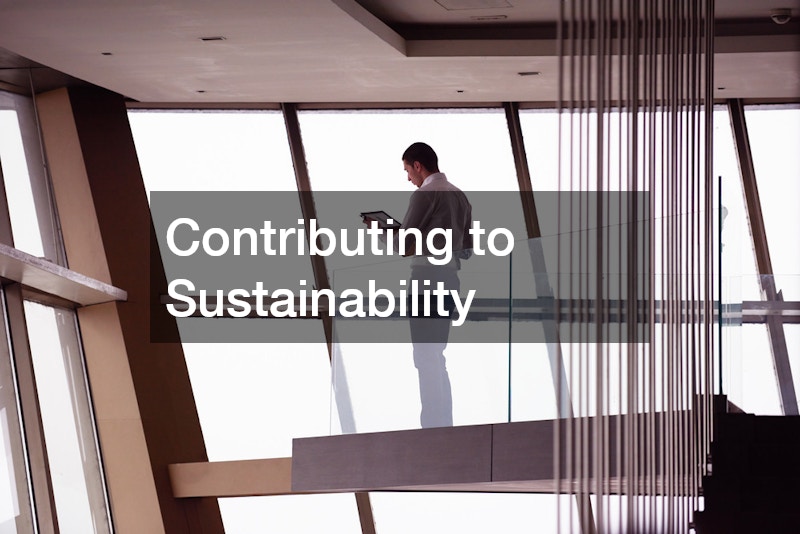In recent years, energy-efficient replacement windows have gained immense popularity as homeowners increasingly prioritize sustainability and cost savings. These advanced windows are designed to minimize energy loss, thus reducing the strain on heating and cooling systems. This article explores the top benefits of installing energy-efficient windows, including financial savings, environmental impact, and enhanced home value.
Energy-Efficient Windows
Definition and Features
Energy-efficient windows are specially designed to reduce heat transfer between the interior and exterior of a building. Key features often include double glazing, which provides an extra layer of insulation, and low-emissivity (low-E) coatings that help block harmful UV rays while letting in natural light. The combination of these features makes these windows not only effective in energy conservation but also beneficial for maintaining comfortable indoor temperatures year-round.
These windows are created using a range of materials that enhance their performance. For example, frames made from composite, vinyl, or fiberglass contribute to superior insulation compared to traditional wood or aluminum frames. Additionally, inert gases like argon are often used to fill the space between panes, further enhancing thermal efficiency.
Incorporating such technology in windows results in significant energy-saving advantages. Energy-efficient windows often achieve high ratings on energy performance scales, making them a smart choice for energy-conscious consumers. Their innovative design supports eco-friendly living by reducing the electricity use required to heat and cool homes.
How They Differ from Standard Windows
The primary difference between energy-efficient windows and standard ones lies in their materials and construction. Traditional windows often lack the extra glazed layer and low-E coating, making them less effective in preventing heat loss or gain. The standard windows’ single-pane construction is usually inadequate for meeting modern energy performance requirements.
Materials play a crucial role as energy-efficient windows often employ technologically advanced substances to enhance functionality. For example, many replace metal-based spacer bars with less conductive materials to reduce thermal bridging. This results in minimal condensation, a common issue with standard windows, thereby contributing to healthier indoor air quality.
Design innovations in energy-efficient windows also distinguish them from conventional options. Features like advanced locking systems not only improve security but also enhance the sealant properties, further minimizing air leakage. As a result, these innovative windows help households achieve consistent temperatures and lower energy bills throughout the year.
How Much Can You Save with Energy-Efficient Windows?
Calculation of Energy Savings
Calculating potential energy savings from energy-efficient windows involves considering several factors, including the window’s insulating capabilities and the local climate. Typically, these windows reduce energy loss by up to 30%, leading to a significant decrease in heating and cooling costs. The Department of Energy estimates that replacing single-pane windows with energy-efficient models can save an average of $126-$465 per year.
Homeowners can use resources such as energy performance calculators to estimate savings based on their geographical location. These tools take into account local energy costs, climate conditions, and the efficiency of existing windows. As such, investing in energy-efficient solutions represents a strategic approach to long-term fiscal prudence.
Long-term Financial Benefits
The long-term financial benefits of energy-efficient windows extend beyond mere utility bill reductions. One significant advantage is the potential increase in home value due to enhanced energy performance certifications that appeal to environmentally aware buyers. Energy Star-rated windows, for instance, are often reported by real estate agents as appealing features that customers seek.
Installing these windows can also contribute to lower maintenance costs over time. Since they are designed to withstand various weather conditions, energy-efficient windows tend to be more durable and reliable. This reduces the need for repairs or replacements, providing additional financial relief over the window’s lifespan.
How Energy-Efficient Windows Impact the Environment
Reduction in Carbon Footprint
By reducing the energy required for heating and cooling, energy-efficient windows significantly cut down on carbon emissions. Traditional heating and cooling systems often rely on fossil fuels, which contribute to greenhouse gas emissions. Implementing energy-efficient solutions can thus play a crucial role in mitigating climate change impacts associated with excessive energy consumption.
The reduction in energy demand from power plants downstream further limits the carbon footprint of entire communities. As more households adopt energy-efficient windows, the cumulative effect can lead to substantial nationwide eco-benefits. In turn, this shift supports the sustainability initiatives undertaken by both local and national governments.
Contributing to Sustainability
Energy-efficient windows also contribute to broader sustainability goals by minimizing resource consumption. High-performing windows decrease the overall load on residential HVAC systems, prolonging their operational life and reducing the frequency of replacements. This translates into reduced demand for raw materials and diminished waste generation in manufacturing processes.
Additionally, the manufacturing processes for these windows often prioritize eco-friendly practices, enhancing their overall sustainability. Many producers now use recycled materials in their frames, thus contributing to a circular economy. Consequently, choosing energy-efficient windows aligns with responsible consumer practices that prioritize environmental stewardship.
The installation of energy-efficient replacement windows offers myriad benefits, from financial savings to environmental sustainability. These windows improve energy efficiency, reduce bills, and enhance the overall value of your home. By investing in energy-efficient solutions, homeowners can enjoy long-term gains that benefit both their personal finances and the planet.


